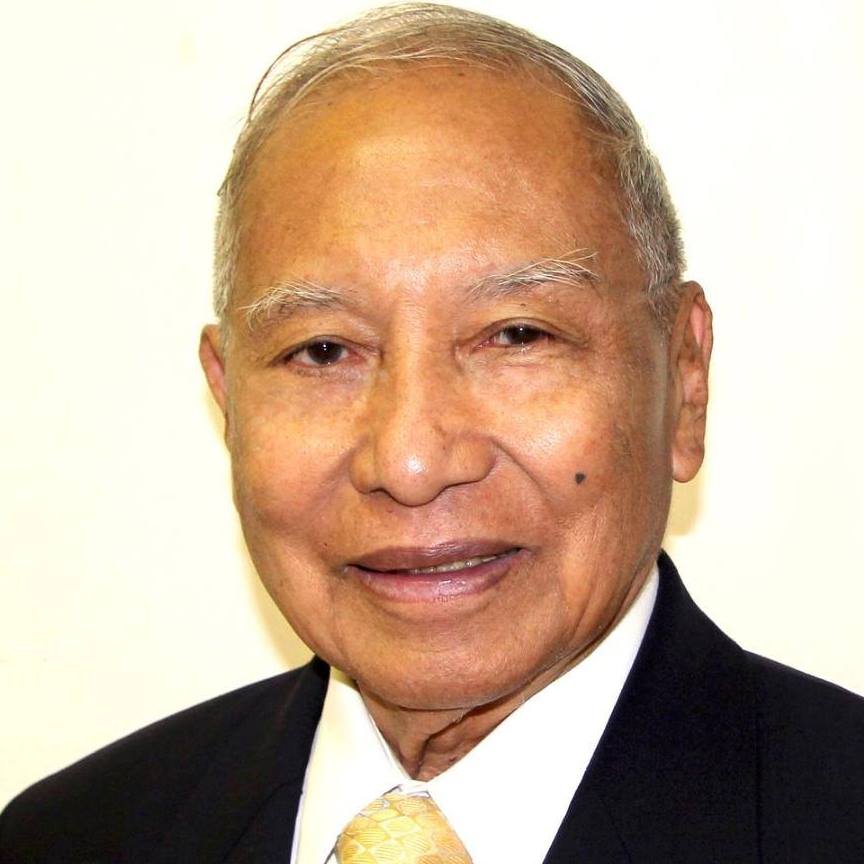What are the issues at hand for the 2024 general presidential election? Is education an issue in the campaign trail?
The GOP just nominated former President Donald Trump as their official candidate for president during their RNC two weeks ago. For the Democratic party, they will likely nominate Vice President Kamala Harris as their party nominee in their DNC next week.
As of today, Harris is officially the only candidate seeking the Democratic presidential nomination after a key deadline passed Tuesday evening with no one else qualifying.
So, the new twist of American politics, after president Joe Biden dropped out, is now – Harris vs Trump. The political landscape has changed! In fact, Trump is having a hard time defining Harris as his opponent – example, Trump has been commenting “she suddenly turned black, she has low IQ, etc.” while Harris is gaining momentum in her campaign and uniting her party.
So, what’s their positions as regards to education? Actually, “Harris and Donald Trump offer two starkly different views on the federal government’s role in education,” according to Lauren Camera in her published article. I definitely agree with her. (https://www.usnews.com/news/elections/articles/2024-08-02/what-happens-to-education-under-trump-vs-harris)
Harris, for example, advocates for injecting more funding in K-12, especially for increasing teacher pay and breaking down segregated school systems. She also supports universal preschool. On the higher education front, expect her to build on the Biden’s administration pursuit of student loan debt cancellation and boost funding for historically Black colleges and universities.
Trump, on the other hand, favors abolishing the Education Department altogether and boasts close ties to the conservative policymakers behind Project 2025, the Heritage Foundation’s 900-page transition playbook for Trump, which includes proposals to expand private school choice programs, roll back Title IX protections for LGBTQ students and prosecute colleges that maintain affirmative action and DEI policies.
In Trump’s 2024 education policy plan, it’s focused heavily on the culture war components that have animated conservatives. The proposal reflected the degree to which Republicans want the next election to be waged around classrooms as much as boardrooms. (Meridith McGraw – https://edsource.org/2024/kamala-harris-record-on-education-offers-clues-to-possible-positions-as-candidate-or-president/716086Trump unveils new education policy loaded with culture war proposals)
The plan called for cutting federal funding for any school or program that includes “critical race theory, gender ideology, or other inappropriate racial, sexual, or political content onto our children.” It also calls for opening “civil rights investigations into any school district that has engaged in race-based discrimination,” particularly against Asian American students, and promises to “keep men out of women’s sports.” Trump’s proposals represent an attempt to put his own imprint on debates around the nation’s school systems that have popped up across state capitals. (https://www.politico.com/news/2023/01/26/trump-unveils-education-policy-culture-war-00079784)
With that, the key points of Trump’s Education Plan can be summarized into cutting federal funding; civil rights investigation; establishment and free exercise clauses establishment; and free exercise clauses.
For Trump, cutting federal funding hopes to eliminate federal funding for schools or programs that promote critical race theory, gender ideology, or other content he deems inappropriate. Actually, federal funding for education is primarily allocated through programs like Title I and the Individuals with Disabilities Education Act (IDEA). Cutting such funding could impact millions of students across the country. Well, as an educator myself, I agree! It will be a big blow to the education sector if cut.
As to civil rights investigations, the plan includes directing the Departments of Justice and Education to investigate race-based discrimination in schools, specifically against Asian Americans. When checked, however, civil rights investigations are already a key function of the Department of Justice’s Civil Rights Division. There have been several cases in recent years addressing discrimination against Asian Americans, particularly in college admissions.
For the establishment and free exercise clauses, Trump aims to pursue violations of these constitutional clauses, which he claims are threatened by current educational practices.
Trump’s administration unleashed an agenda that provides school choice for parents, better prepares students to compete in a global economy, modernized an antiquated federal student aid system, and holds higher education institutions more accountable to students and taxpayers alike. (https://trumpwhitehouse.archives.gov/issues/education/)
As to Project 2025, a 900-page conservative policy agenda created by the conservative Washington think tank the Heritage Foundation with VP candidate JD Vance writing the foreword, it would scale back the federal government’s role in education to that of a “statistics-gathering agency that disseminates information to the states.” The Republicans’ Project 2025 education platform is captured in nine planks broken down as follows: End teacher tenure, adopt merit pay, and allow “various publicly supported educational models.” -(https://www.edweek.org/policy-politics/what-the-2024-gop-platform-says-about-k-12-and-what-it-would-mean-if-trump-wins/2024/07)
Trump is distancing from Project 2025, but while he is shying away from it, he and the GOP are pushing for universal school choice, expanding parental rights over education, ending teacher tenure, and prohibiting transgender girls from playing girls’ sports.
As for Vice President Kamala Harris, education has been her significant interest since early in her career. In the article published by Louis Freedberg, the Democratic presidential candidate made fighting school truancy a priority.
In her first public appearance since President Joe Biden endorsed her to be the next presidential nominee of the Democratic Party, speaking from the from the South Lawn of the White House in Washington on Monday during an event with NCAA college athletes, she said that “those views have been profoundly shaped by her experiences as a beneficiary of public education, as a student at Thousand Oaks Elementary School in Berkeley and later at the Hastings College of Law (now called UC Law San Francisco).” (https://edsource.org/2024/kamala-harris-record-on-education-offers-clues-to-possible-positions-as-candidate-or-president/716086)
When she kicked off her campaign for president at a rally in downtown Oakland in January 2019, she made access to education a major issue. “I am running to declare education is a fundamental right, and we will guarantee that right with universal pre-K and debt-free college,” she said, referring to pre-kindergarten.
Five years ago, during her presidential campaign, she made a major issue of what she labeled “the teacher pay crisis.” She said as president she would increase the average teacher’s salary by $13,500 — representing an average 23% increase in base pay. Almost certainly the most ambitious proposal of its kind made by any presidential candidate, the cost to the federal government would be enormous: $315 billion over 10 years. (https://edsource.org/2024/kamala-harris-record-on-education-offers-clues-to-possible-positions-as-candidate-or-president/716086)
To pay for it, she proposed increasing the estate tax on the top 1% of taxpayers and eliminating loopholes that “let the very wealthiest, with estates worth multiple millions or billions of dollars, avoid paying their fair share,” she wrote in The Washington Post.
Basically, Kamala Harris is advocating for loan forgiveness and free college. As a candidate, she proposed cancelling up to $20,000 in debt for Pell grant recipients who open a business in a disadvantaged community and operate it for at least three years. She has championed loan forgiveness, for -profit crackdowns and free college. ( Katherine Knott, Inside Higher Ed)
On July 25, 2024, Harris delivered the keynote speech at the American Federation of Teachers’ (AFT) 88th national convention in Houston, Texas. In her keynote speech, she said:”We are not going back. No. We will move forward. In this moment, we are in a fight for our most fundamental freedoms. And to this room of leaders, I say bring it on. Bring it on. Bring it on,” which prompted chants of “bring it on” from attendees. (Kaylee Greenlee Beal/Reuters)
She urged the teachers to fight for freedom and for them to keep on fighting for the future. “Ours is a fight for the future and ours is a fight for freedom,” she opined.
AFT became the first union to endorse Harris. AFT President Randi Weingarten said in announcing the endorsement: “Vice President Harris has fought alongside Joe Biden to deliver historic accomplishments and create a better life for all Americans. She has a record of fighting for us — fighting to lower the costs we pay, for reproductive rights, for worker empowerment and to keep communities safe from gun violence. As President Biden said in his endorsement of Kamala Harris, she has his full support to be the Democratic nominee for president. And she has the AFT executive council’s support, too.”. (Nat Malkus, RealClearEducation – FacebookTwitterLinkedIn)
My fellow educators, the choice is ours!



















